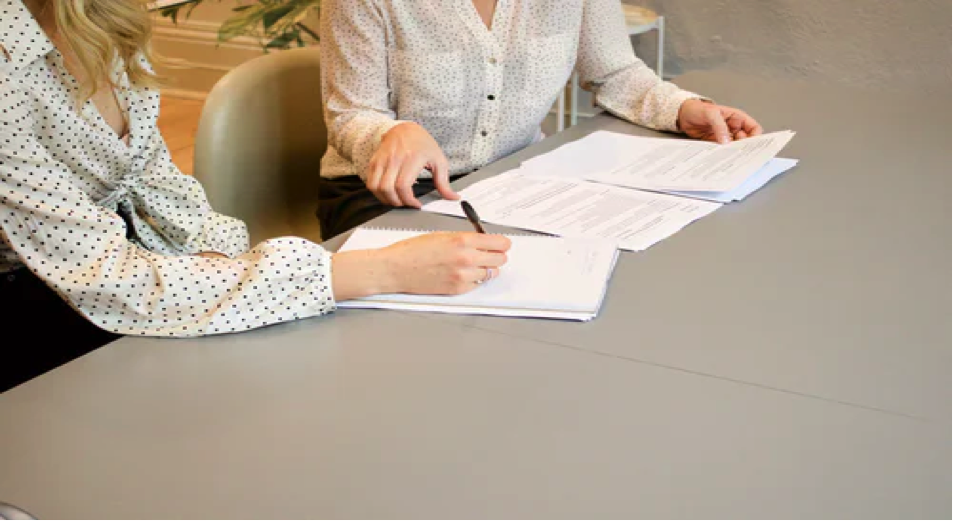Picture this: Your car breaks down. You break your leg. You suddenly have to move to a new city or state.
Unexpected things like this happen every day, but surprisingly few people budget for them. That’s why you should have an emergency fund. When you have money saved for emergency situations, they become small nuisances rather than catastrophic events.
If you’re wondering how to start an emergency fund, keep reading below. It’s easier than you might think, and it’s a wonderful safety net that can give you peace of mind and help you manage your debt.
What Is an Emergency Fund?
An emergency fund is exactly what it sounds like: a small fund that you put aside in case of an emergency. You can create an emergency fund that is as big or as small as you wish, but many financial advisors suggest that you save 3 to 6 months’ worth of living expenses. That means that emergency fund sizes vary greatly depending on every person’s family size, lifestyle, and daily expenses.
How to Start an Emergency Fund
To start your emergency fund, choose a savings account that you will have easy access to. After all, you will want your money to be available for quick withdrawal if you need it in a pinch.
Set a specific goal and keep saving until you meet it. This will give you a tangible amount to aim for and will help you understand how much longer you have to go until your emergency fund is complete.
Save Money
If you can, set up an automatic deduction from your paycheck. This will send money into your emergency fund automatically until you have saved up to your target amount.
Even if you don’t have a lot of money to save, try to put away a little bit each month. It will quickly add up!
You can also research money saving tips to minimize your expenses so that you have more money to put into your emergency savings. Save money by eating at home, canceling subscriptions you don’t use, and recording all your expenses.
Pay Off Debt
An emergency fund can help you avoid going into unnecessary debt. But even if you have debts that you are working on paying off, it’s still worth it to put some of your money into an emergency fund. It might cause you to pay off your debts a bit more slowly, but it will also protect you from plunging into more debt next time you have an unexpected expense to take care of.
Debt management plans can also help you manage debt repayment and emergency fund contributions at the same time.
Start Saving Today!
Now that you know how to start an emergency fund and how to save for an emergency, you’re probably eager to get going. Give yourself the peace of mind that comes with having an emergency fund and start saving today. You never know what life might throw your way, and it’s always good to be prepared.
For more personal finance tips, check out our website. We cover everything related to money, saving, and budgeting!



